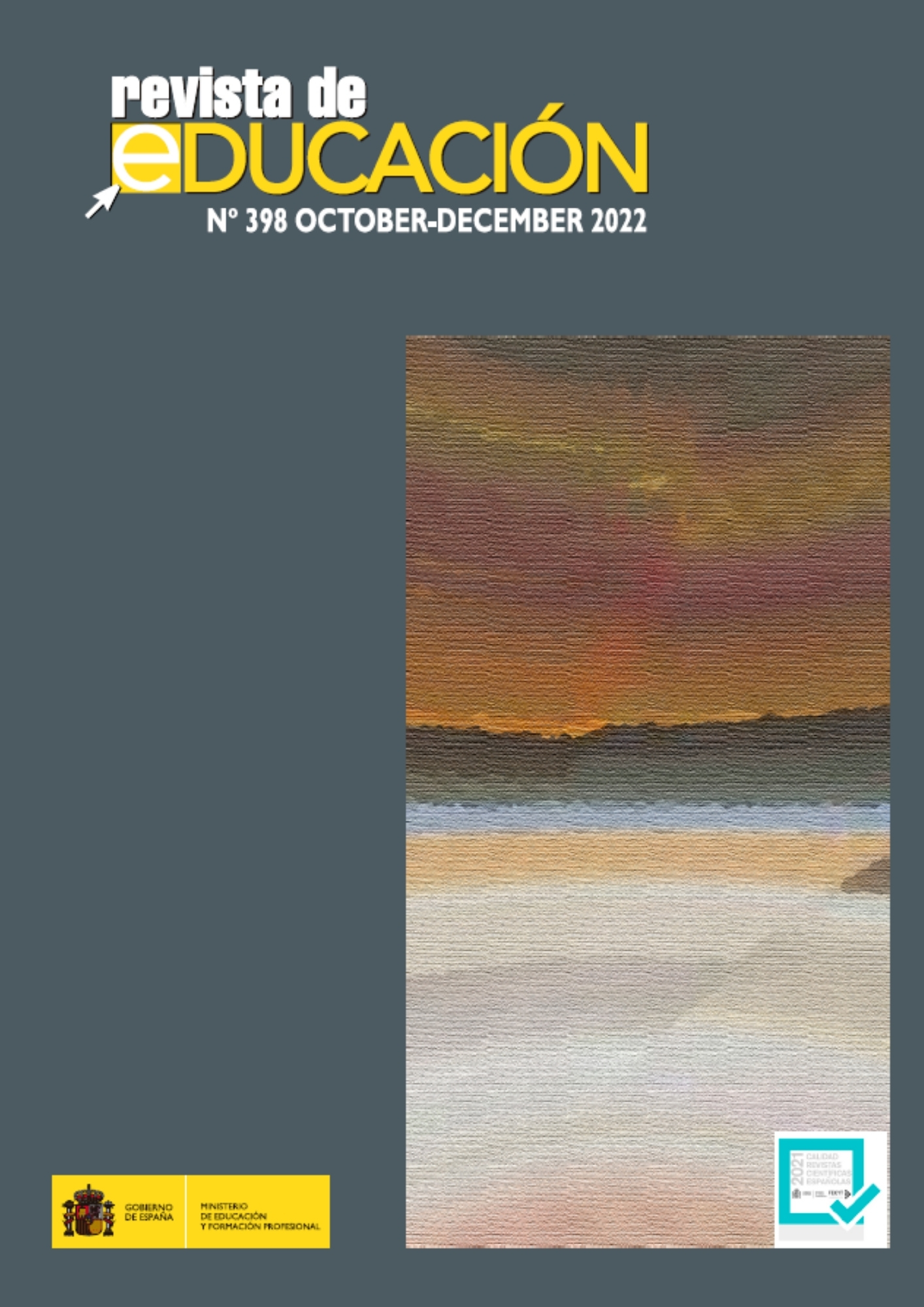Grants programme and tuition fees policy in the Spanish public university system: is it really effective?
Main Article Content
Abstract
University policy plays a fundamental role in reducing social inequalities. The purpose of this paper is to assess whether the strategy of geographical expansion of universities, in addition to the financial aid and tuition fees policy in Spain guarantee that people with insufficient economic resources can access and complete university studies. To do this, we analysed the territorial proximity of the university offer to the place of residence of potential students, using the Population Register, and compared the income thresholds for access to the state grants programme with the median and poverty line of the household income distribution, using the Statistic on Income and Living Conditions. The analysis reveals that the wide geographical spread of public university campuses facilitates access to higher education for a significant percentage of young people. However, the study also shows that while the tuition fee exemption grant is available to students from any household ranging from vulnerable to those with incomes close to the median, other grants, which are essential to avoid student dropout, do not even reach all households at risk of poverty. Moreover, their average
amount is insufficient to compensate for the opportunity cost of studying. This result contrasts with a tuition fees policy that subsidises the enrolment for all students, including those living in middle- and high-income households. This subsidy also presents notable differences between autonomous regions that are not justified by the divergences in the income levels of households in the region. The paper concludes by pointing out the advisability of a joint review of the current grants programme and tuition fees policy.
Key words: University policy, university grants, tuition fees, social inequalities, poverty

